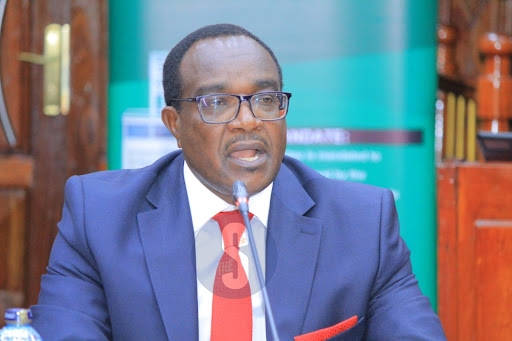

Somalia is making steady progress in transforming its energy sector, with private companies driving efforts to deliver affordable and renewable electricity to homes and businesses.
At the center of this change is the Benadir Electricity Company, established in 2014. In just over a decade, it has become a key player in Somalia’s electricity market, slashing costs, investing in solar power, and expanding access across Mogadishu and beyond.
According to town planner Hassan Kasim, energy access is essential for urban growth.
“Cities like Mogadishu and Kismayu cannot grow without electricity. Power drives urban planning, supports new housing projects, and keeps ports and airports competitive,” he noted.
When the company began operations, electricity was among the most expensive in the region. Households and businesses paid as much as $1.20 per kilowatt-hour.
The company introduced price cuts almost immediately, lowering tariffs to $1.00 in 2014. More reductions followed—$0.79 in 2015, $0.65 in 2016, $0.55 in 2017, and $0.48 in 2018.
By 2020, prices had fallen to $0.35, the lowest on record. Even with global energy price shocks, costs remained competitive at $0.41 in 2023.
These cuts have had far-reaching effects. Families are increasingly able to connect to the grid, while businesses enjoy lower running costs and more reliable supply.
Access to electricity is shifting from being a privilege for a few to a growing reality for many Somalis.
Alongside affordability, the company has prioritized renewable energy.
It is one of Somalia’s largest investors in solar power, reducing reliance on imported fuel and diversifying the energy mix.
Electrical engineer Mahmoud Ali described electricity as the backbone of any economy, stressing that affordable power is enabling small industries to thrive and supporting vital facilities like Mogadishu’s airport and seaport.
The company has also promoted energy-saving practices, encouraging households and firms to conserve power during peak hours. These campaigns help stabilize national supply and reduce consumer bills.
Beyond supplying power, the firm has supported communities during droughts, floods, and the COVID-19 pandemic.
It guaranteed uninterrupted electricity to Demartino Public Hospital in Mogadishu, enabling medical staff to treat patients without fear of blackouts.
It has also created youth employment opportunities to reduce irregular migration.
While Somalia’s energy transformation is still underway, progress over the past decade points to a brighter future.
Looking ahead, the company plans further tariff cuts by 2025 and 2027 by focusing on expanding solar infrastructure and lowering production costs.












